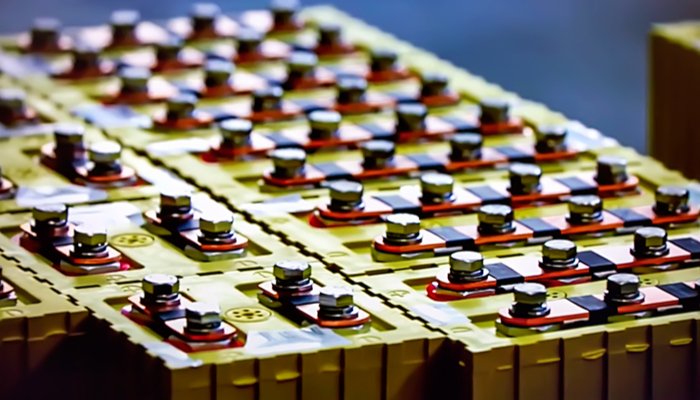Thursday 8 March 2018
Researchers charge up battery performance

A team of researchers in the US have demonstrated lithium ion battery performance can be optimised by using a lower ratio of lithium to other metals.
An international team led by researchers from the US Department of Energy’s Lawrence Berkeley National Laboratory used advanced electron microscopy techniques to show how different compositions of cathode material can affect a battery's structure at the atomic level and thus how effectively it works.
Lithium ion batteries are used in electronic appliances, electric vehicles and energy storage units for the power grid.
The new research aims to overcome their drawbacks - a limited number of recharge cycles and tendency to degrade in capacity over their lifetime.
Alpesh Khushalchand Shukla, a Scientist at Berkeley Lab’s Molecular Foundry, said: "This finding could change the way we look at phase transformations within the cathode and the resulting loss of capacity in this class of material."




